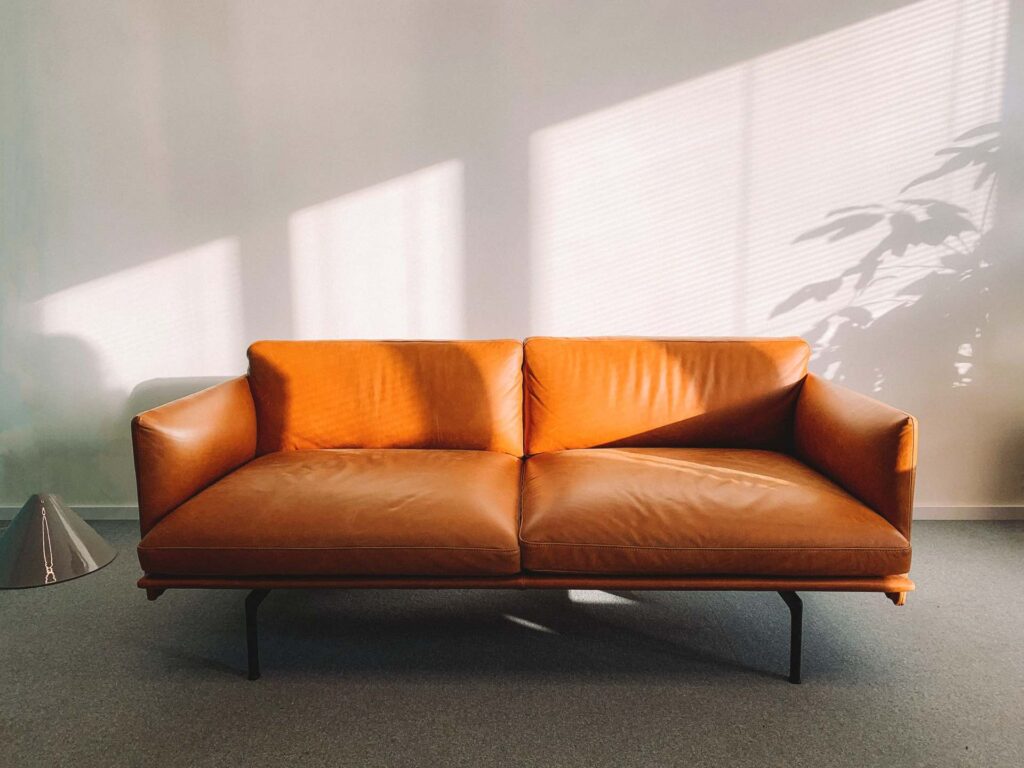Tips and Insider Knowledge on Buying Furniture in China
This article provides valuable tips and insider knowledge for buying furniture in China, based on my extensive experience sourcing furniture here. Much of this information can be applied to purchasing other products in China as well.
Key Furniture Manufacturing Areas in China
- Guangdong Province: Neighboring Hong Kong, this province includes cities like Foshan and Dongguan, where a significant portion of the world’s furniture is manufactured.
- Zhejiang Province: Close to Shanghai, this province includes cities like Hangzhou and Ningbo. Smaller cities, such as Anji (my wife’s hometown), are known for producing a lot of office furniture.
Finding Factories
The easiest way to find factories is by attending the Chinese International Furniture Fair (CIFF), held twice a year:
- Spring: Guangzhou
- Autumn: Shanghai
At the CIFF, you’ll encounter a mix of factories and trading companies.
Buying Options
- Established Factories: These offer reliable quality control, good service, and contemporary designs but tend to be more expensive.
- Trading Companies: These usually have a wide range of furniture and provide good service, but they are not the most cost-effective option as they source from smaller factories known as “Hens.”
Understanding “Hens”
“Hens” are small factories that produce furniture sold by trading companies or larger factories. The term comes from the idea that these small factories “lay the eggs” that others then sell. Buying directly from these “Hens” is the most cost-effective way to purchase furniture in China, but it has its challenges:
- Finding Them: These small factories usually don’t advertise and are located in remote areas with cheaper rent.
- Communication: They often do not speak English, making communication difficult.
- Quality Control: Their quality control systems are not as robust as those of larger, established factories, so thorough checks are necessary.
Payment Methods
Factories or trading companies will either charge you an Ex-Works or FOB price:
- Ex-Works: You pay all local charges and for transporting the goods to the nearest port.
- FOB: The factory or trading company covers these costs.
Small factories (the “Hens”) typically charge Ex-Works prices, so you’ll need a shipping agent to handle Chinese customs clearance. This cost is relatively small compared to the savings from buying from these factories.
Most factories require a 30% deposit, with the balance paid upon completion. Payments are usually made by TT (telegraphic transfer), though some buyers use an LC (letter of credit). An LC guarantees that the buyer’s payment to the seller will be received on time and in the correct amount, with the bank covering the payment if the buyer cannot.
Things to Watch Out For
- Visible Flaws: Generally, any flaws in the furniture should be apparent.
- Construction Quality: For items like lounge suites, check the construction of the frame—whether it is screwed and glued or simply put together with a nail gun.
- Fabric and Leather Quality: Ensure the quality of the fabric or leather. Rub tests can provide peace of mind.
- Packing: Proper packing is crucial to avoid damage, especially during domestic handling in China before loading into the container. Ensure that the packaging is robust to withstand rough handling at both the origin and the destination.
For more detailed information on logistics and shipping, I have written a separate post on this topic.

